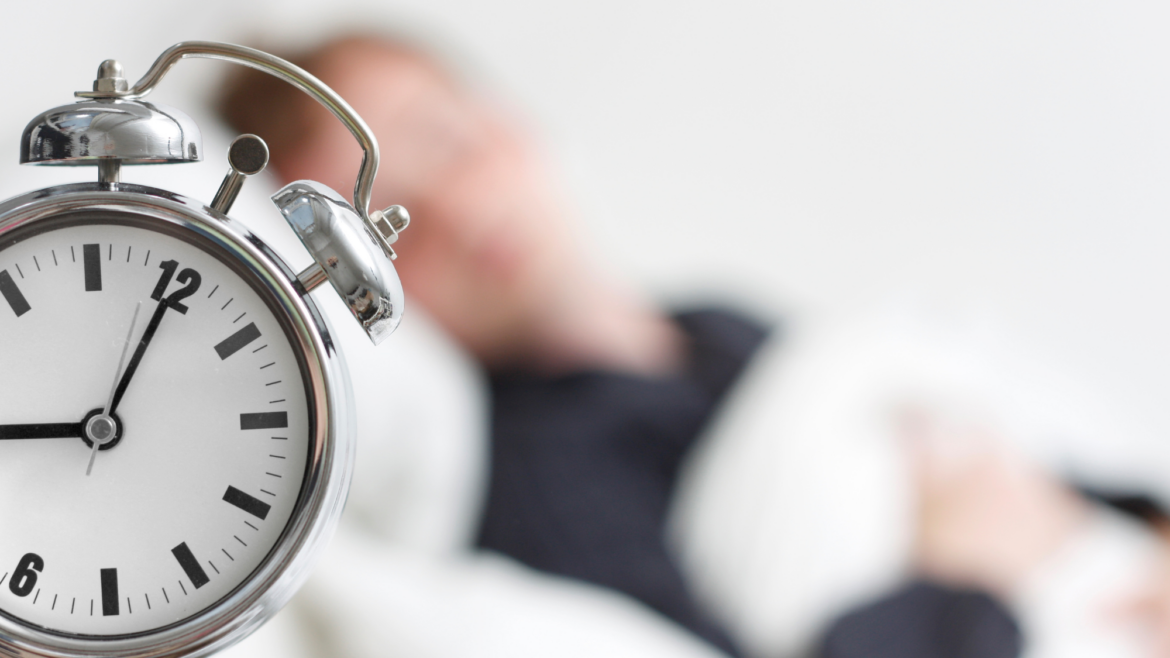Health Behaviors are actions that we can take to promote, maintain, or regain physical and mental well-being. These behaviors related to sleep, nutrition, physical activity, and social engagement foster growth and development.
Family life is busy with work, academic, social, and other responsibilities. Trust me I can relate. As a working mom with two teen boys, I often look at my family’s weekly schedule and wonder how we will accomplish it. These activities place demands on our daily schedules that can seem overwhelming, often prompting us to place a lower priority on sleep in an attempt to get it all done. Afterall, no one typically holds us accountable for how much time we spend sleeping, but there are immediate consequences for failure to complete work tasks or turn in homework. In addition, we often receive mixed messages from our culture. The health care community releases information about the importance of sleep. But, television and movies romanticize relationships, vocational success, and fun at the expense of sleep.
Who needs sleep anyway?
We all do. During sleep, our bodies both rest and grow. Sleep is involved in heart and immune system health and weight management. When we sleep, our brains consolidate new information into memories, promoting learning and attention. We have more energy, and it is easier to manage our emotions, behavior, and stress. On the other hand, insufficient sleep has been linked to the development of chronic diseases, including obesity, type 2 diabetes, and cardiovascular disease. It is also associated with behavioral health concerns in youth, such as anxiety, depression, behavior and attention problems, and suicide.
So, how much sleep should we be getting?
According to the Centers for Disease Control and Prevention (CDC), the recommended hours of sleep per day depends on your age:
| Age | Recommended Hours of Sleep Per Day |
| Newborn (0-3 months) | 14-17 |
| Infant (4-12 months) | 12-16, including naps |
| Toddler (1-2 years) | 11-14, including naps |
| Preschool (3-5 years) | 10-13, including naps |
| School Age (6-12 years) | 9-12 |
| Teen (13-18 years) | 8-10 |
| Adults | 7 or more |
We may differ as individuals in the quantity of sleep that we need, thus the range of recommended sleep hours. However, almost no adolescents experience optimal mood with less than 7 hours of sleep. In other words, sleep quantity is important. But, so is sleep quality. The brain cycles between 5 different stages of sleep (e.g., wake, 3 non-rapid eye movement, rapid eye movement). When we are awakened multiple times, sleep stage patterns are disrupted, decreasing sleep quality. Studies have shown that many youths are awakened from sleep by notifications on electronic devices, or they are waking up to check social media. Over half of teens may be using their phones between midnight and 5am on school nights, with a majority having multiple “pick-ups.”
Biological changes can also impact sleep. For example, during puberty youth may begin to experience potential sleep-wake cycle changes, such as feeling more awake later at night and sleeping in until later hours in the morning. These biological changes, along with busy schedules and access to electronic devices may make it difficult for youth to get the recommended hours of sleep. In fact, studies have shown than more than 70% of high school and 60% of middle school students in the US do not get enough sleep on school nights. Youth are driving and/or arriving to school tired. Sleep deprivation (quality and quantity) has been associated with lower grades and self-reported difficulties with doing and completing schoolwork. Further, according to the AAA Foundation for Traffic Safety, one in 5 fatal motor vehicle crashes involves drowsy driving, and drivers 16-24 are at the greatest risk for being involved in a drowsy driving crash. Some school districts have responded to this data by adapting their school day to start after 8:30am, resulting in improved grades and fewer accidents on the way to school.
In short, sleep is vital to our physical and mental wellbeing. A majority of our middle and high school age youth in the US are sleep deficient, placing them at higher risk for chronic disease, behavioral health and learning problems, accidents, and death.
What can you do to improve sleep in your family?
It’s not easy to change our behavior. Afterall, I am a trained behavioral health professional whose career has focused on the brain and behavioral health. I am familiar with sleep research, and still I struggle at times to get enough sleep. And, I hear complaints from my boys all of the time about going to bed when “no one else is.” I’ve even been reminded by them to follow my own sleep rules (a good lesson in humility).
Let’s start with just thinking about your family’s current sleep behaviors. What changes could be made in your family’s sleep routine? Which changes might be easier versus harder? Here are some suggestions for creating and cultivating healthy sleep behaviors. Is there one that you could start with?
Tips for Healthy Sleep Behaviors
- Go to sleep and wake up at the same time each day. Consistent sleep-wake times help regulate our internal clocks. Set bedtimes also let youth of all ages know what is expected. If youth are sleep deprived during the school week, “catching up” on the weekend may seem like a good solution. However, wide variability in sleep-wake times may make it more difficult for the body to set a consistent sleep-wake rhythm.
- Establish a bedtime routine. Relaxing bedtime rituals, such as taking a bath or shower, reading, or listening to quiet music can help youth wind down and fall asleep more easily.
- Set up the sleep area to be comfortable. For school age youth and older, this may include a preferred pillow, cool temperature, minimal to no light, etc. Please refer to American Academy of Pediatrics’ safe sleep recommendations for infants.
- Refrain from screen time 30 minutes to one hour before youth go to bed as screen use can interfere with sleep quality.
- Take steps to ensure that electronic devices do not send alerts during sleep time. Therefore, caregivers may choose to refrain from allowing youth to keep electronic devices in their rooms or require the “do not disturb” setting be turned on during sleep hours.
- Avoid or limit substances, such as caffeine and sugary foods and drinks that can interfere with sleep, especially in the evenings.
- Caregivers are encouraged to model healthy sleep habits for their children and teens. Youth learn behaviors from watching caregivers. It can be more difficult for caregivers to enforce a family rule that is explained as health promotion when they don’t follow it, sending a mixed message to the youth.
If this seems overwhelming to you, or you’ve tried before to make changes without having success, you may consider consulting a behavioral health professional. Also, if you have concerns about sleep disturbances, such as nightmares, sleepwalking, or night terrors, in your child, consult with your primary care provider.
—
About the Author
Janelle Wagner Ph.D., serves on the Professional Development Team as an Associate Trainer and Consultant for PracticeWise. Learn more about Dr. Wagner on the PracticeWise team page.







